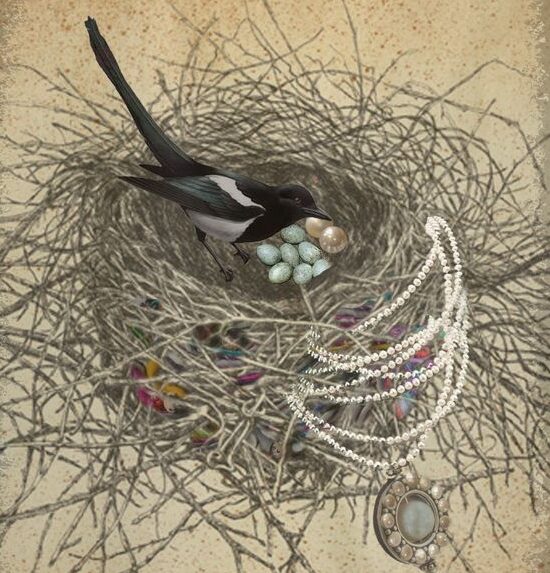Trust
Encouragement and reassurance build the process of trust.
Parents who are “real” with their kids are parents who are honest. They are the parents who can be trusted. The only way children can learn and feel solid and enduring trust is from witnessing integrity in action. Being honest with yourself and your children by using the “Show-don’t-tell” approach will inevitably lead you to live in integrity.
People at their very basic mimic caretakers and those who raise them. It reminds me of a story about a black lab puppy I lived with years ago. I already had a beautiful Chocolate lab that was 4. I had taught her several tricks, one of which was the “wave-wave.” The new black lab puppy was only 16-weeks-old when he started doing the wave-wave by watching and mimicking my chocolate lab. He saw that she received treats for doing this and began copying her without anyone putting forth any effort to teach him.
On a larger scale and on a deeper level, notice the same natural pattern with relationship dynamics and the messages that are sent. For instance, as a child when I felt distraught about excessive external stimuli and my surroundings, my brother mimicked my mother by ignoring me. My aunt told my cousins “not to pay attention to me” because that is what my mother had shown her—and I imagine their parents ignored their needs to an extent as well. It is mimicked and followed until someone, (that someone was me after I was an adult), made it clear that it was no longer acceptable behavior. Parents hold such great responsibility through their silent messages and verbal cues.
Non-truths, evasion, aloofness, and double messages are all examples of communication when parents don’t know how to express their thoughts and feelings in a healthy way. Yet there are so many approaches that send positive messages. Simply acknowledging the need and desire to heal can open the channel between parent and child for greater contact and peaceful exchange.
Being pro-active about health and how we heal, grow and move on, for instance, sends the appropriate idea: “caring about my well-being, making sure I’m healthy, balanced and connected is important.” Receiving energy work, like Reiki, for parents with intentions to let go of non-supportive patterns is an example of teaching through action. The practice of being calm in adverse situations is how we can show our children about balance and spirituality. We must live it in order for it to be present and build trust.
This post is the fourth in a series of five.
Read the first: Creating the Enlightened Nest
Read the second: Nurturing Indigos and HSPs—Environment
Read the third: Nurturing Indigos and HSPs—Trust
Keep watching for:
Nurturing Indigos and HSPs—Unconditional Love





